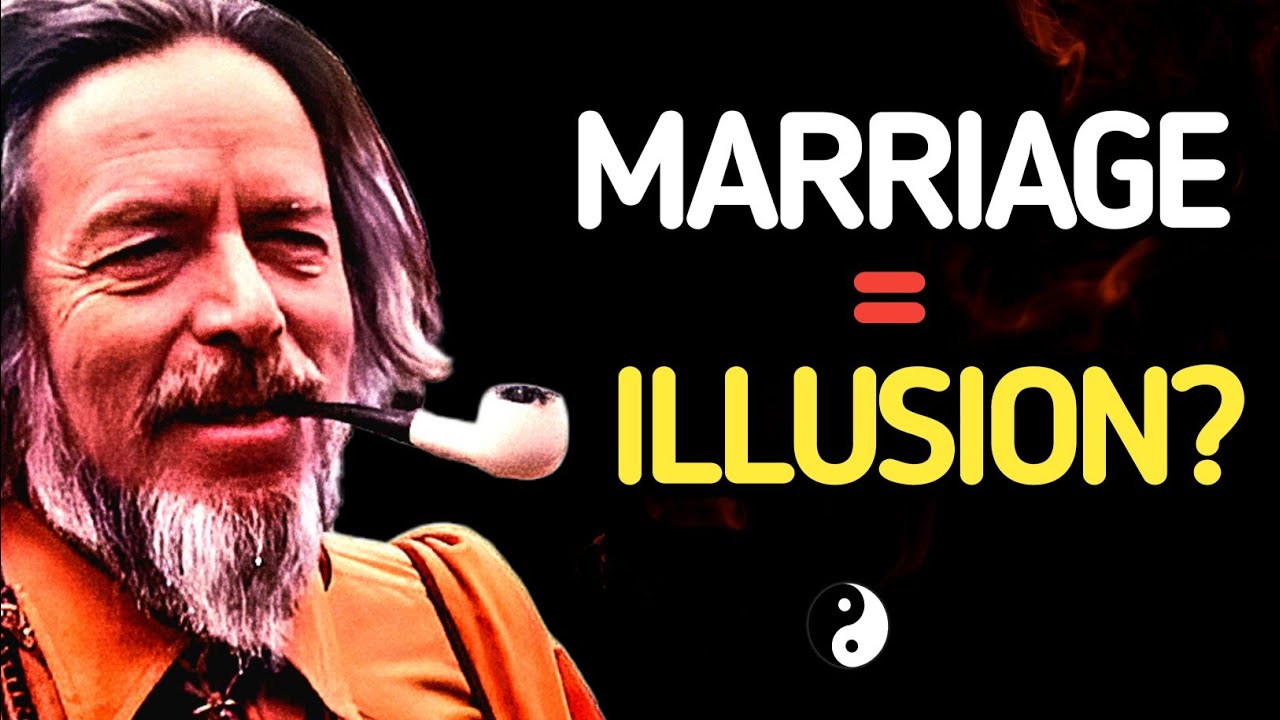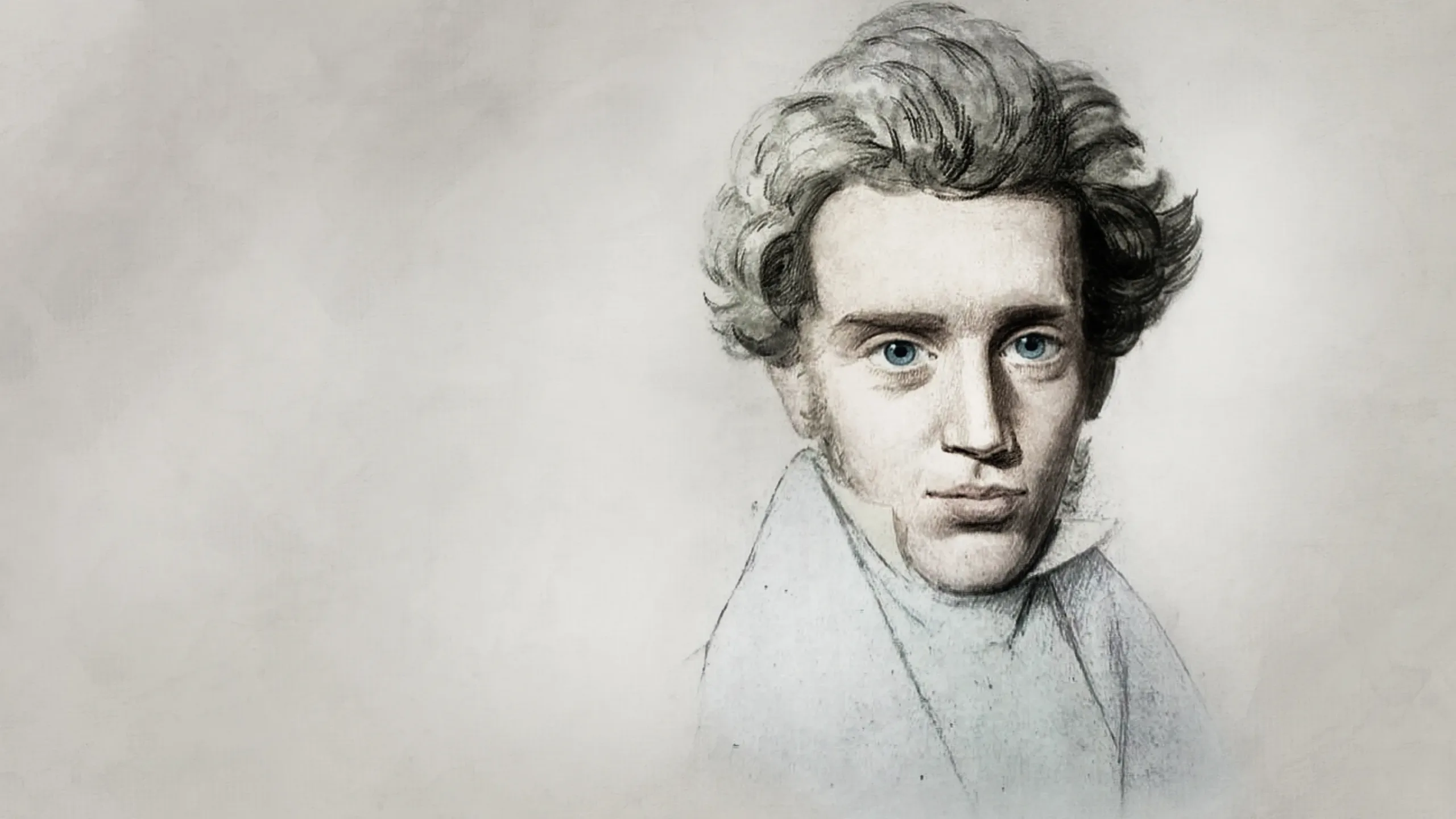
Why Marriage Is an Illusion
Marriage, as we know it, is often a beautiful illusion created out of fear. It is a socially accepted promise to make love stay. Yet love, like water, cannot be held tightly. We swear before priests and judges that we will feel the same way forever, that our hearts will remain constant. But the universe does not work that way, and neither do our hearts.
We say, “I love you,” and then we turn it into something official, stamping it, filing it, and locking it into legal documents. What begins as something wild and spontaneous becomes measured and certified. Marriage has become a contract instead of a dance, a bond of ownership instead of a celebration of freedom.
When most people say “I do,” they unconsciously mean, “You belong to me now.” This is where the trouble often begins. While some unions thrive in shared commitment, many unravel when love becomes tangled with possession. You cannot bind another soul and expect it to remain free. Love needs space to breathe if it is to thrive.
Falling in love is a kind of divine madness. It is irrational, uncontrollable, and glorious. You do not rise into love; you fall into it. There is something inherently risky about love, something sacred. To love is to surrender and give up control. Falling in love is saying, “Here I am. Do with me what you will.” Sensible people avoid falling in love. They calculate, measure, and protect themselves. But the moment you fall in love, you lose control. That is why it feels mad, and in that madness, there is a kind of higher sanity.
The real trouble begins when we try to capture the mystery of love and confine it within legal boundaries. We stand before judges and priests, swearing to feel a certain way forever. We take something as wild and unpredictable as love and try to make it permanent and respectable. It is as if love is not real unless it is signed and witnessed by officials.
This lightning bolt of emotion, this surrender of the soul, is turned into a legal obligation and a performance. You stop dancing and start following a script. What was once sacred becomes rehearsed. Spontaneity is replaced with strategy. You keep track of the right words, gestures, and timing. Love, which was once a leap of faith, becomes a task to manage. The more you try to manage it, the less it exists. In trying to secure it, you suffocate it. Love retreats quietly behind the weight of duty and obligation.
Marriages do not always fail with dramatic arguments. Many collapse quietly under the pressure of trying to control what cannot be controlled. The tragedy is not that love disappears, but that we pretend it has not. We convince ourselves that if we act loving enough, the feelings will return. But that is not how the heart works. We send flowers, write notes, and plan dinners, not out of desire, but out of obligation. We became performers on a stage we had not realized we had stepped onto. The audience is not our partner, but our own fear. Fear of failure, fear of change, fear of being alone.
Love cannot be forced to behave. The more you try to hold onto it, the more it slips away. It is like holding a flame in your hand. The tighter you grip it, the faster it dies. We do not talk about this because we are afraid. We were taught that true love means permanence, that if it changes, it was never real. But where did this idea come from? Who decided that love must last forever to be valid? This belief causes so much suffering. The moment we believe love must be permanent, we begin to resist change.
Yet nothing in the universe stays the same. Galaxies spin, stars collapse, and mountains erode. Love, like everything else, changes. When we let go of the idea that love must last forever, we stop clinging to it. Love becomes what it was always meant to be, a shared moment of wonder that asks for nothing but honesty.
You know you are in love, not because of a promise, but because of how you feel in their presence. You feel joy, the urge to protect, and the desire to nurture. You feel pain when they suffer and peace when they are near. Love reveals itself in the simple act of being with someone. But then fear creeps in, the fear of losing. We try to control it, to freeze it in place. We confuse our need for certainty with love itself, and in doing so, we destroy what we meant to protect.
Love changes and evolves. It has its own seasons, and pretending it does not is what kills it. Honesty is the foundation of connection. It is better to say, “This is how I feel now,” than to pretend you feel the same as you once did. To love someone truly is not to promise eternal passion, but to promise presence. Presence only exists in truth.
People work hard to keep marriages together. They convince themselves they are still in love, going through the motions, and using loving language. They buy flowers, remember anniversaries, and do what they think they are supposed to do. But the performance continues while the presence fades. What was once alive and spontaneous becomes respectable and lifeless. The tragedy is not that love ends, but that we pretend it has not.
Love is not a job to work on. It is a flame, and if you try to pin it down, it dies. You cannot force a feeling to remain through obligation. Love is not a cage, a certificate, or a role to play. It is the freedom to see another person as they are and to let them be.
We need to imagine relationships differently. They should not be based on obligation, but on presence. They should not be about permanence, but about participation. Love cannot be forced to last forever. The moment it becomes a duty, it loses its essence. Real love happens in the moment. It is not a means to an end; it is the point itself.
Marriage should not be a trap of fixed roles. It should be a space where two people meet in truth, again and again. Change should not be feared, but welcomed. Love should not be performed, but allowed. When it fades, as all things do, we should not blame it.
We should acknowledge that it lived, and that is enough.
Many of us grew up with an idealized picture of love and marriage, forever smiles, unchanging vows, and happily ever after. But real life is not like that. People change, feelings shift, and circumstances evolve. That does not mean something went wrong. It means life is alive. If you have ever sat next to someone you once loved and felt the silence grow heavier, you understand. If you have ever tried to force a connection to stay the same, you understand. If you have ever looked in the mirror and realized you are not the same person who said “I do,” you already know the truth. Love is not supposed to be perfect. It is supposed to be real.
Real love, like all living things, needs room to grow, to stumble, and to transform. It does not always last in the way we imagine, but that does not mean it failed. Sometimes love ends, and sometimes it begins again in a new way, with someone else or even within yourself. If you are in love, be present and honest. Do not try to chain it down with fear. If you are letting go, do it with grace. Thank the love that brought you here and know that you are not broken. You are growing.
Let love be what it truly is, a gift freely given, not a contract enforced. Let it be sacred, not because it lasted forever, but because it was real while it lasted. If you must promise anything, promise never to stop telling the truth, even when it is hard.
2 Comments
Leave A Comment

Why Marriage Is an Illusion
Marriage, as we know it, is often a beautiful illusion created out of fear. It is a socially accepted promise to make love stay. Yet love, like water, cannot be held tightly. We swear before priests and judges that we will feel the same way forever, that our hearts will remain constant. But the universe does not work that way, and neither do our hearts.
We say, “I love you,” and then we turn it into something official, stamping it, filing it, and locking it into legal documents. What begins as something wild and spontaneous becomes measured and certified. Marriage has become a contract instead of a dance, a bond of ownership instead of a celebration of freedom.
When most people say “I do,” they unconsciously mean, “You belong to me now.” This is where the trouble often begins. While some unions thrive in shared commitment, many unravel when love becomes tangled with possession. You cannot bind another soul and expect it to remain free. Love needs space to breathe if it is to thrive.
Falling in love is a kind of divine madness. It is irrational, uncontrollable, and glorious. You do not rise into love; you fall into it. There is something inherently risky about love, something sacred. To love is to surrender and give up control. Falling in love is saying, “Here I am. Do with me what you will.” Sensible people avoid falling in love. They calculate, measure, and protect themselves. But the moment you fall in love, you lose control. That is why it feels mad, and in that madness, there is a kind of higher sanity.
The real trouble begins when we try to capture the mystery of love and confine it within legal boundaries. We stand before judges and priests, swearing to feel a certain way forever. We take something as wild and unpredictable as love and try to make it permanent and respectable. It is as if love is not real unless it is signed and witnessed by officials.
This lightning bolt of emotion, this surrender of the soul, is turned into a legal obligation and a performance. You stop dancing and start following a script. What was once sacred becomes rehearsed. Spontaneity is replaced with strategy. You keep track of the right words, gestures, and timing. Love, which was once a leap of faith, becomes a task to manage. The more you try to manage it, the less it exists. In trying to secure it, you suffocate it. Love retreats quietly behind the weight of duty and obligation.
Marriages do not always fail with dramatic arguments. Many collapse quietly under the pressure of trying to control what cannot be controlled. The tragedy is not that love disappears, but that we pretend it has not. We convince ourselves that if we act loving enough, the feelings will return. But that is not how the heart works. We send flowers, write notes, and plan dinners, not out of desire, but out of obligation. We became performers on a stage we had not realized we had stepped onto. The audience is not our partner, but our own fear. Fear of failure, fear of change, fear of being alone.
Love cannot be forced to behave. The more you try to hold onto it, the more it slips away. It is like holding a flame in your hand. The tighter you grip it, the faster it dies. We do not talk about this because we are afraid. We were taught that true love means permanence, that if it changes, it was never real. But where did this idea come from? Who decided that love must last forever to be valid? This belief causes so much suffering. The moment we believe love must be permanent, we begin to resist change.
Yet nothing in the universe stays the same. Galaxies spin, stars collapse, and mountains erode. Love, like everything else, changes. When we let go of the idea that love must last forever, we stop clinging to it. Love becomes what it was always meant to be, a shared moment of wonder that asks for nothing but honesty.
You know you are in love, not because of a promise, but because of how you feel in their presence. You feel joy, the urge to protect, and the desire to nurture. You feel pain when they suffer and peace when they are near. Love reveals itself in the simple act of being with someone. But then fear creeps in, the fear of losing. We try to control it, to freeze it in place. We confuse our need for certainty with love itself, and in doing so, we destroy what we meant to protect.
Love changes and evolves. It has its own seasons, and pretending it does not is what kills it. Honesty is the foundation of connection. It is better to say, “This is how I feel now,” than to pretend you feel the same as you once did. To love someone truly is not to promise eternal passion, but to promise presence. Presence only exists in truth.
People work hard to keep marriages together. They convince themselves they are still in love, going through the motions, and using loving language. They buy flowers, remember anniversaries, and do what they think they are supposed to do. But the performance continues while the presence fades. What was once alive and spontaneous becomes respectable and lifeless. The tragedy is not that love ends, but that we pretend it has not.
Love is not a job to work on. It is a flame, and if you try to pin it down, it dies. You cannot force a feeling to remain through obligation. Love is not a cage, a certificate, or a role to play. It is the freedom to see another person as they are and to let them be.
We need to imagine relationships differently. They should not be based on obligation, but on presence. They should not be about permanence, but about participation. Love cannot be forced to last forever. The moment it becomes a duty, it loses its essence. Real love happens in the moment. It is not a means to an end; it is the point itself.
Marriage should not be a trap of fixed roles. It should be a space where two people meet in truth, again and again. Change should not be feared, but welcomed. Love should not be performed, but allowed. When it fades, as all things do, we should not blame it.
We should acknowledge that it lived, and that is enough.
Many of us grew up with an idealized picture of love and marriage, forever smiles, unchanging vows, and happily ever after. But real life is not like that. People change, feelings shift, and circumstances evolve. That does not mean something went wrong. It means life is alive. If you have ever sat next to someone you once loved and felt the silence grow heavier, you understand. If you have ever tried to force a connection to stay the same, you understand. If you have ever looked in the mirror and realized you are not the same person who said “I do,” you already know the truth. Love is not supposed to be perfect. It is supposed to be real.
Real love, like all living things, needs room to grow, to stumble, and to transform. It does not always last in the way we imagine, but that does not mean it failed. Sometimes love ends, and sometimes it begins again in a new way, with someone else or even within yourself. If you are in love, be present and honest. Do not try to chain it down with fear. If you are letting go, do it with grace. Thank the love that brought you here and know that you are not broken. You are growing.
Let love be what it truly is, a gift freely given, not a contract enforced. Let it be sacred, not because it lasted forever, but because it was real while it lasted. If you must promise anything, promise never to stop telling the truth, even when it is hard.
2 Comments
-
Too bad that would leave lots and lots of unwanted children.
-
It is one of the most honest, unfiltered opinions ever expressed, spoken without fear or restraint, representing the voices of many who are too afraid to speak out or challenge their community.





Too bad that would leave lots and lots of unwanted children.
It is one of the most honest, unfiltered opinions ever expressed, spoken without fear or restraint, representing the voices of many who are too afraid to speak out or challenge their community.